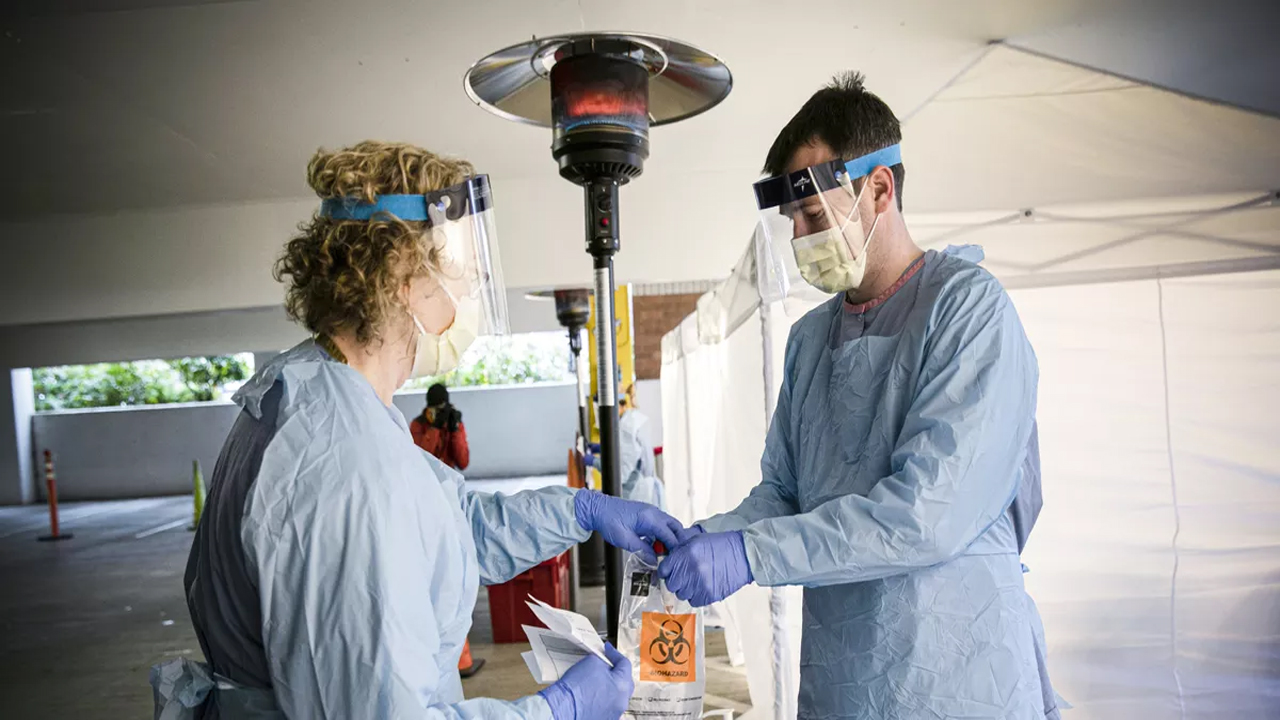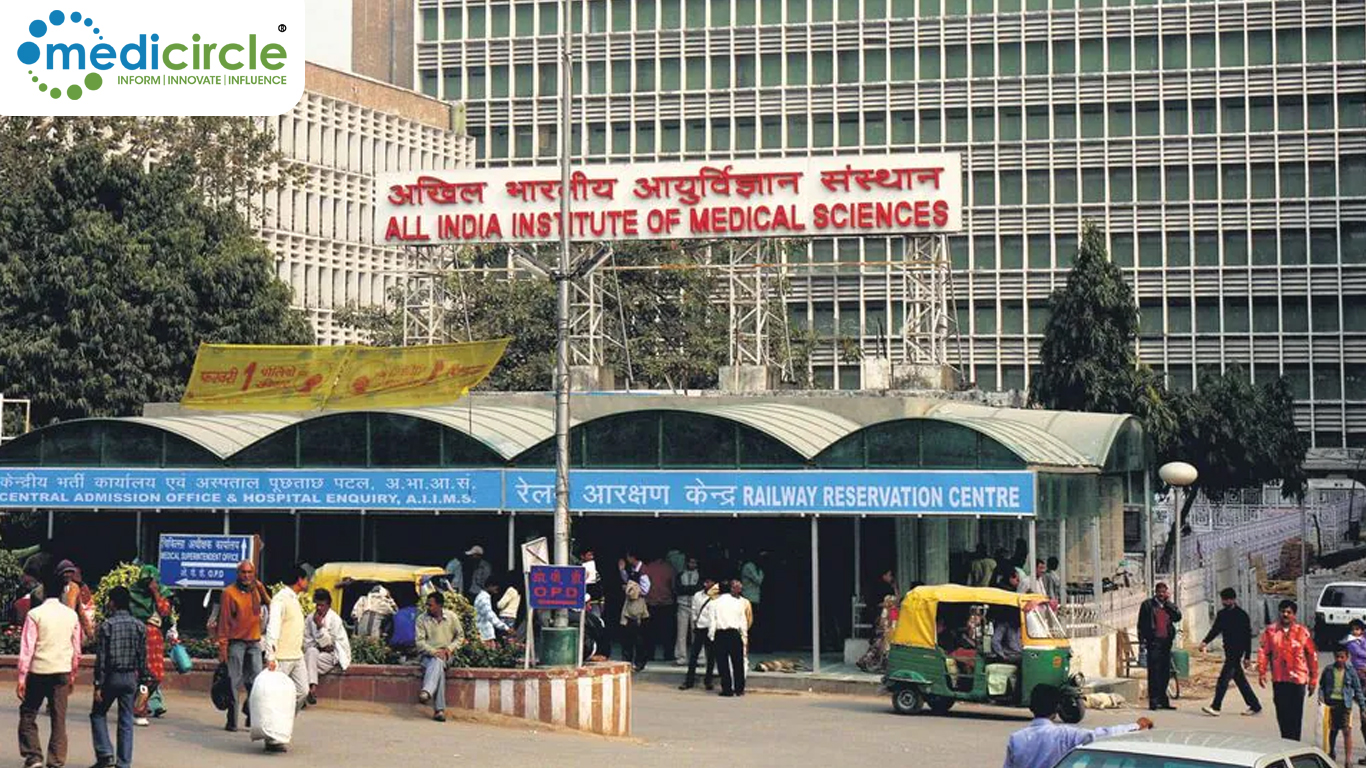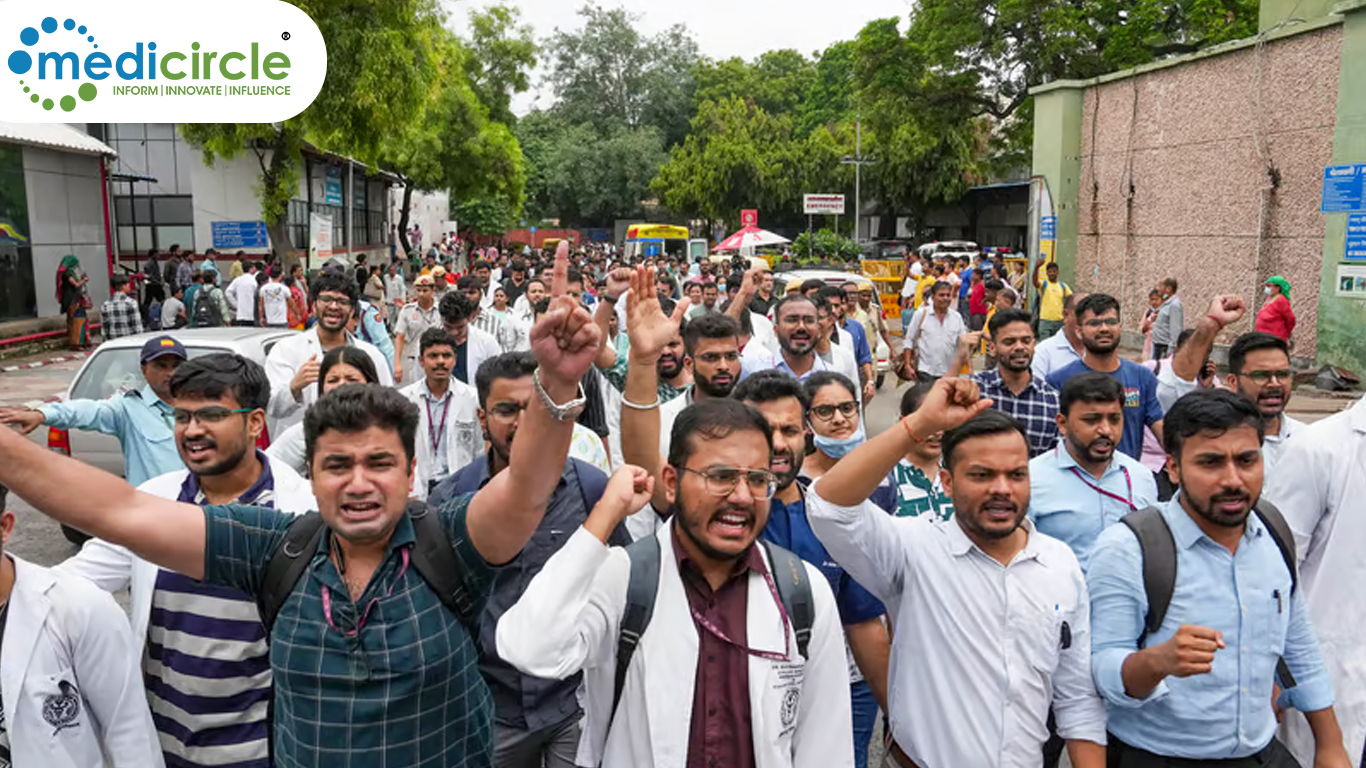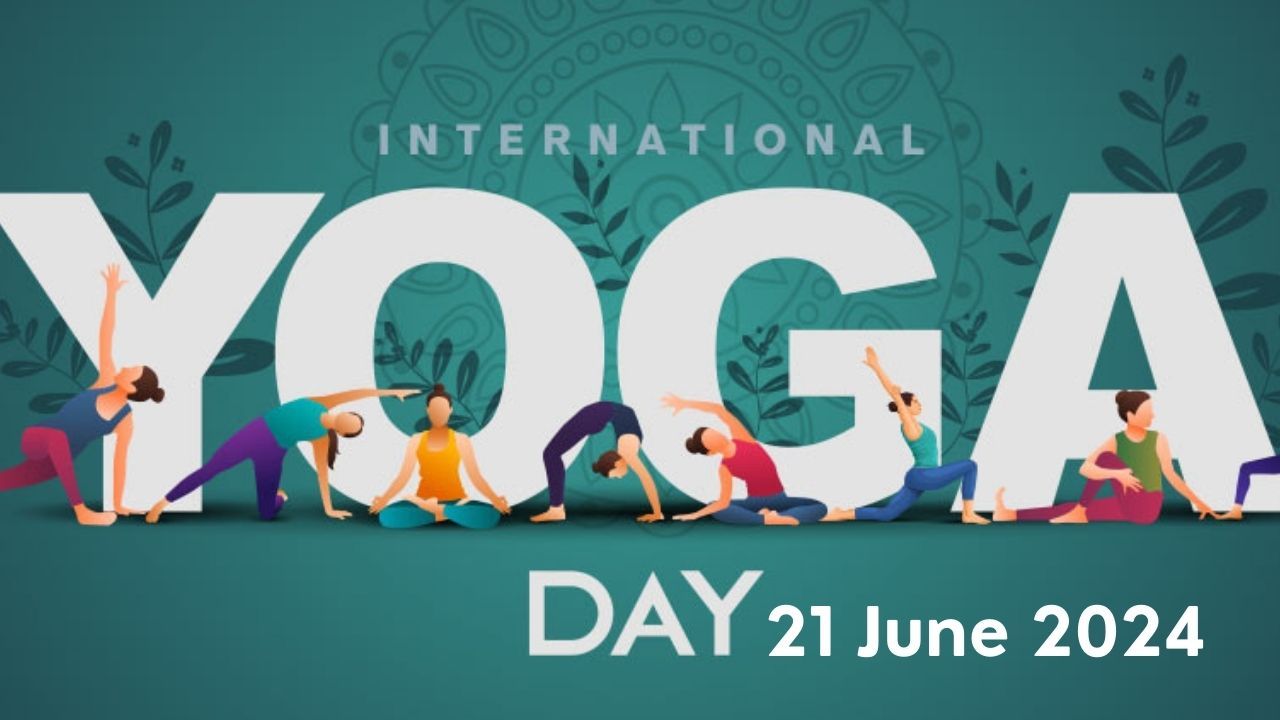Cardiovascular diseases and their risk factors such as diabetes and hypertension are major causes of death and disability, especially in Low- and Middle-income Countries (LMIC).
But people across the Global South living with these diseases may be missing potentially life-saving treatments because measures used to gauge their quality of healthcare are inadequate, a new study reveals.
Treatment for such conditions is simple and cheap, but without it, patients are vulnerable to heart attacks and strokes.
LMICs progress towards being able to treat patients with hypertension and diabetes is measured using proxy indicators - for example, whether relevant policies, guidelines, funding, institutions or expertise are in place.
These proxy indicators are often used by national and international organisations such as the World Health Organisation (WHO), to prioritise health funding and policies; urging countries that are performing badly to improve whist considering those that are doing well to be success stories.
However, an international team of researchers has found that most of these proxy measures did not reflect whether patients had their condition treated well. The study was led by researchers at the University of Birmingham, Harvard University (USA), and the University of Göttingen (Germany) in collaboration with colleagues from more than 40 institutions around the world including several ministries of health.
The team measured whether 187,552 people with high blood pressure living in 43 LMICs and 40,795 people with diabetes living in 28 LMICs had their high blood pressure or diabetes diagnosed, treated, or controlled.
Publishing their findings today in PLoS Medicine, the researchers are calling for more support to directly assess whether people with these diseases are getting the treatment that they need, and to interpret current proxy indicators with caution
Lead author Justine Davies, Professor of Global Health at the University of Birmingham (UK), commented: “High level indicators of countries’ preparedness to manage diabetes and hypertension are poor proxies for the quality of clinical care actually received by patients for hypertension and diabetes. Collecting these indicators also takes a lot of time for healthcare providers (like doctors and nurses) and policy makers in LMICs; time that they would be better off using to treat patients and plan better services.”
“Most proxy measures don’t reflect whether patients have their condition treated well. We need to move towards assessing the numbers of people with a condition that have that condition diagnosed, treated, and controlled to target. This has worked well for HIV, where progress is assessed against whether 90% of people with HIV have their condition diagnosed, 90% of these have the condition treated, and 90% of these have it under control. Similar targets must be used for diabetes and hypertension if countries are to meet international targets to reduce the burden of heart attacks and strokes .”
Researchers found that individuals with hypertension living in countries with a higher GDP per capita were significantly more likely to be diagnosed, treated, and achieve control. Countries that had measures showing their health system functioned well were also likely to perform better on these measures. However, for diabetes, there were very few associations between these indicators and patients having good quality outcomes.
“NCDs [noncommunicable diseases] are a leading killer around the globe, and those with NCDs like diabetes are at increased risk of COVID-19. This is a wake-up call to get serious about understanding national capacity to tackle these chronic diseases,” said Co-author Dr Lindsay Jaacks, UKRI Future Leaders Fellow and Chancellor’s Fellow at the University of Edinburgh.
“Having an NCD branch in the ministry of health or NCD guidelines or NCD funding does not necessarily translate into high numbers of patients with hypertension and diabetes getting diagnosed, treated, and under control.”

 People across the Global South living with diabetes and hypertension may be missing potentially life-saving treatments
People across the Global South living with diabetes and hypertension may be missing potentially life-saving treatments







.png)

.jpg)










.jpeg)

.jpeg)










.jpg)




.jpg)

